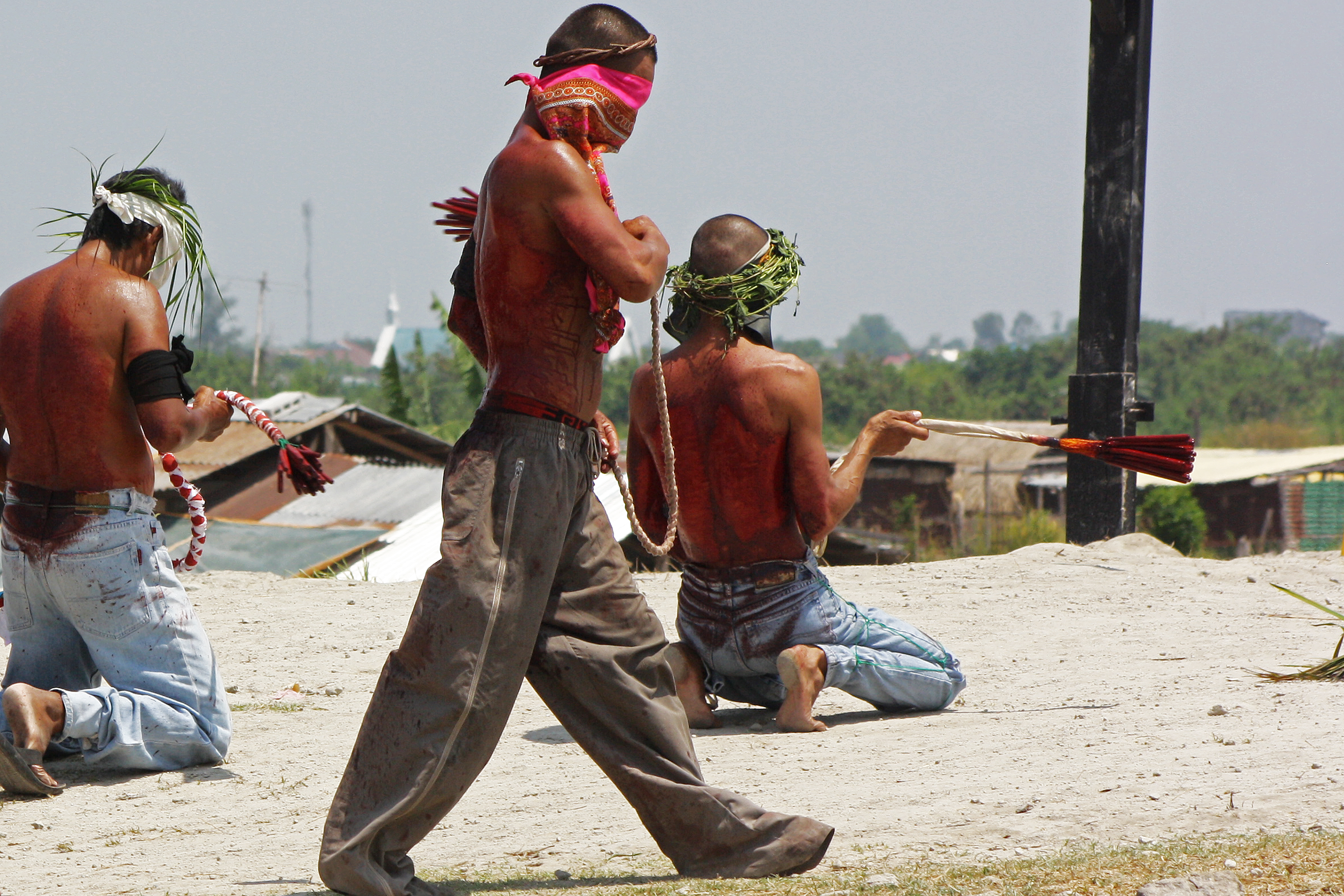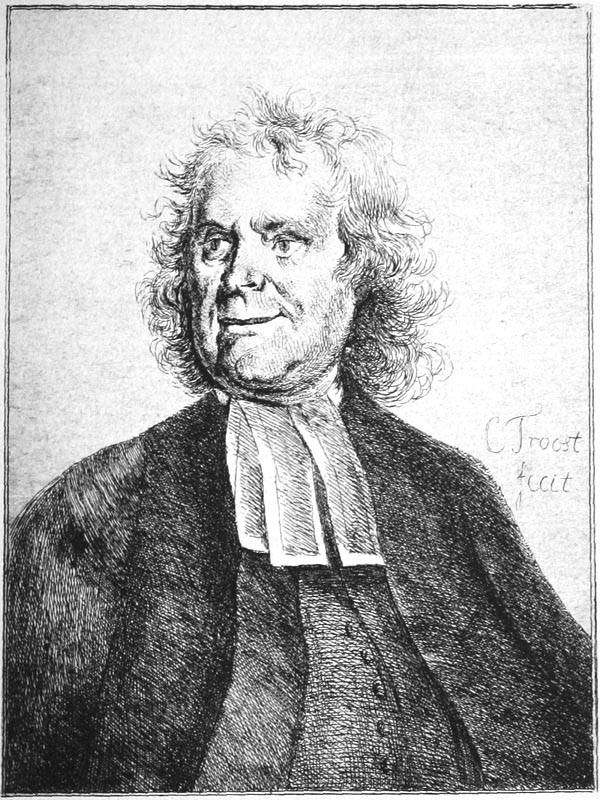|
Philosophical Thoughts
''Philosophical Thoughts'' (french: Pensées philosophiques) is a 1746 book composed by Denis Diderot; it was his first original work.Bryan Magee. The Story of Philosophy. DK Publishing, Inc., New York: 1998. p. 124 Content In this book, Diderot argued for a reconciliation of reason with feeling so as to establish harmony. According to Diderot, without feeling there would be a detrimental effect on virtue and no possibility of creating any sublime work. However, since feeling without discipline can be destructive, reason was necessary to rein in feeling. At the time Diderot wrote this book he was a deist. Hence there is a defense of deism in this book, and some arguments against atheism. The book also contains criticism of any kind of self-torture, including self-flagellation. For the 1770 edition of the work, Diderot included some additional material which contained even greater heresies; this included explicit criticism of Christianity, and contempt for theologians. Rece ... [...More Info...] [...Related Items...] OR: [Wikipedia] [Google] [Baidu] |
Denis Diderot
Denis Diderot (; ; 5 October 171331 July 1784) was a French philosopher, art critic, and writer, best known for serving as co-founder, chief editor, and contributor to the '' Encyclopédie'' along with Jean le Rond d'Alembert. He was a prominent figure during the Age of Enlightenment. Diderot initially studied philosophy at a Jesuit college, then considered working in the church clergy before briefly studying law. When he decided to become a writer in 1734, his father disowned him. He lived a bohemian existence for the next decade. In the 1740s he wrote many of his best-known works in both fiction and non-fiction, including the 1748 novel '' The Indiscreet Jewels''. In 1751, Diderot co-created the ''Encyclopédie'' with Jean le Rond d'Alembert. It was the first encyclopedia to include contributions from many named contributors and the first to describe the mechanical arts. Its secular tone, which included articles skeptical about Biblical miracles, angered both religiou ... [...More Info...] [...Related Items...] OR: [Wikipedia] [Google] [Baidu] |
Deism
Deism ( or ; derived from the Latin ''deus'', meaning " god") is the philosophical position and rationalistic theology that generally rejects revelation as a source of divine knowledge, and asserts that empirical reason and observation of the natural world are exclusively logical, reliable, and sufficient to determine the existence of a Supreme Being as the creator of the universe. More simply stated, Deism is the belief in the existence of God solely based on rational thought without any reliance on revealed religions or religious authority. Deism emphasizes the concept of natural theology (that is, God's existence is revealed through nature). Since the 17th century and during the Age of Enlightenment (especially in 18th-century England, France, and North America), various Western philosophers and theologians formulated a critical rejection of the several religious texts belonging to the many organized religions, and began to appeal only to truths that they felt cou ... [...More Info...] [...Related Items...] OR: [Wikipedia] [Google] [Baidu] |
Self-flagellation
Self-flagellation is the disciplinary and devotional practice of flogging oneself with whips or other instruments that inflict pain. In Christianity, self-flagellation is practiced in the context of the doctrine of the mortification of the flesh and is seen as a spiritual discipline. It is often used as a form of penance and is intended to allow the flagellant to share in the sufferings of Jesus, bringing his or her focus to God. The main religions that practice self-flagellation include Christianity and Judaism. The ritual has also been practiced among members of several Egyptian and Greco-Roman cults. Christianity Historically, Christians have engaged in various forms of mortification of the flesh, ranging from self-denial, wearing hairshirts and chains, fasting, and self-flagellation (often using a type of whip called a discipline). Some Christians use excerpts from the Bible to justify this ritual. For example, some interpreters claim that Paul the Apostle's statement ... [...More Info...] [...Related Items...] OR: [Wikipedia] [Google] [Baidu] |
Parlement
A ''parlement'' (), under the French Ancien Régime, was a provincial appellate court of the Kingdom of France. In 1789, France had 13 parlements, the oldest and most important of which was the Parlement of Paris. While both the modern French term ''parlement'' (for the legislature) and the English word ''parliament'' derive from this French term, the Ancien Régime parlements were not legislative bodies and the modern and ancient terminology are not interchangeable. History Parlements were judicial organizations consisting of a dozen or more appellate judges, or about 1,100 judges nationwide. They were the courts of final appeal of the judicial system, and typically wielded power over a wide range of subjects, particularly taxation. Laws and edicts issued by the Crown were not official in their respective jurisdictions until the parlements gave their assent by publishing them. The members of the parlements were aristocrats, called nobles of the robe, who had bought or i ... [...More Info...] [...Related Items...] OR: [Wikipedia] [Google] [Baidu] |
Voltaire
François-Marie Arouet (; 21 November 169430 May 1778) was a French Enlightenment writer, historian, and philosopher. Known by his ''nom de plume'' M. de Voltaire (; also ; ), he was famous for his wit, and his criticism of Christianity—especially of the Roman Catholic Church—and of slavery. Voltaire was an advocate of freedom of speech, freedom of religion, and separation of church and state. Voltaire was a versatile and prolific writer, producing works in almost every literary form, including plays, poems, novels, essays, histories, and scientific expositions. He wrote more than 20,000 letters and 2,000 books and pamphlets. Voltaire was one of the first authors to become renowned and commercially successful internationally. He was an outspoken advocate of civil liberties and was at constant risk from the strict censorship laws of the Catholic French monarchy. His polemics witheringly satirized intolerance, religious dogma, and the French institutions of his day. H ... [...More Info...] [...Related Items...] OR: [Wikipedia] [Google] [Baidu] |
Julien Offray De La Mettrie
Julien Offray de La Mettrie (; November 23, 1709 – November 11, 1751) was a French physician and philosopher, and one of the earliest of the French materialism, French materialists of the Age of Enlightenment, Enlightenment. He is best known for his 1747 work ''Man a Machine, L'homme machine'' (''Man a Machine''). La Mettrie is most remembered for taking the position that humans are complex animals and no more have souls than other animals do. He considered that the Mind–body problem, mind is part of the body and that life should be lived so as to produce pleasure (hedonism). His views were so controversial that he had to flee France and settle in Berlin. Early life La Mettrie was born at Saint-Malo in Brittany on November 23, 1709, and was the son of a prosperous textile merchant. His initial schooling took place in the colleges of Coutances and Caen. After attending the Collège du Plessis in Paris, he seemed to have acquired a vocational interest in becoming a clergyman, b ... [...More Info...] [...Related Items...] OR: [Wikipedia] [Google] [Baidu] |
Étienne Bonnot De Condillac
Étienne Bonnot de Condillac (; ; 30 September 17142 August or 3 August 1780) was a French philosopher and epistemologist, who studied in such areas as psychology and the philosophy of the mind. Biography He was born at Grenoble into a legal family, the youngest of three brothers. His two older brothers Jean and Gabriel took names associated with one of the family's properties at Mably, Loire, and were each known as "Bonnot de Mably". Étienne identified with another property at Condillac, Drôme, was known as "Bonnot de Condillac". Like his brother Gabriel, Condillac took holy orders (1733–1740) at Saint-Sulpice church in Paris. He was appointed as Abbot of Mureau. Condillac devoted his whole life, with the exception of an interval as a court-appointed tutor to the court of Parma, to speculative thought. His works are: * ' (1746); * ' (1749); * ' (1754); *' (1755); * a comprehensive ''Cours d'études'' (1767–1773) in 13 vols., written for the young Duke Ferdinan ... [...More Info...] [...Related Items...] OR: [Wikipedia] [Google] [Baidu] |






